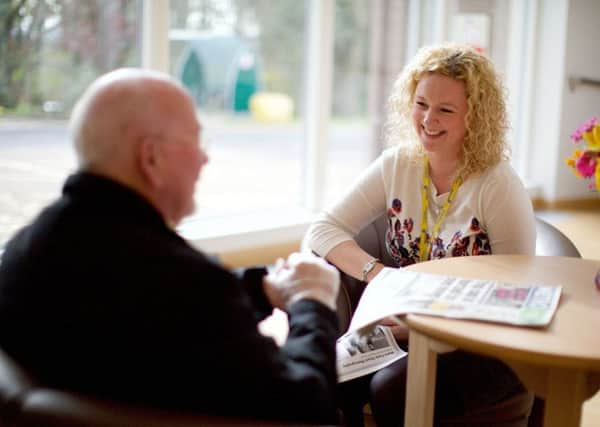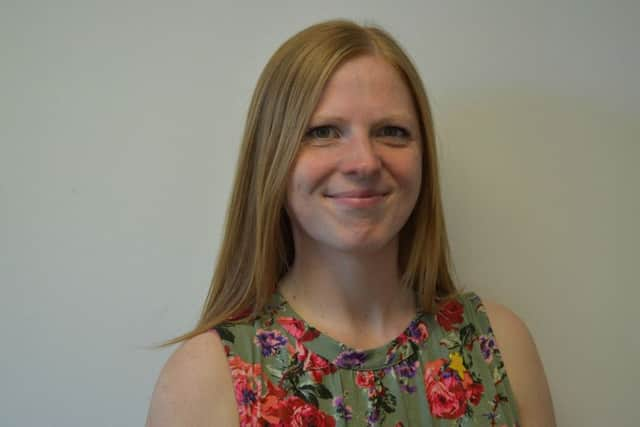Susan Lowes: Joined-up thinking urgently needed for fragmented system of health and care


There are increasing reports that plans to reform health and social care are not working as well as intended, and that current service models are not sustainable. There are increasing pressures on public services and we know that demand is going to grow significantly and that funding isn’t going to be enough to meet that demand. It isn’t even enough to meet current demand.
People are Scotland’s greatest asset. As a society, we care about people we’ve never met, our first impulse is usually to want to help in times of hardship.
Advertisement
Hide AdAdvertisement
Hide AdThose working in health and social care don’t go into the professions for money or fame, they do it to help people. They do a great job with what they have to work with.


All too often though, they do that struggling with limited resources and capacity. They’re also constrained by systems, of doing things the way they’ve always been done.
The introduction of health and social care integration in Scotland was such an exciting prospect to revolutionise the way people worked and thought. However, it’s struggling to provide vital care because it is failing to bring people, communities and services together.
Professionals are still working in silos. While services may be person-centred within their silo, they’re not person-centred across the whole system and this is where things need to change.
Health and social care needs to be delivered within a holistic model of care that looks at people’s lives as they move through all sectors – primary care, acute care, and community care.
It must recognise all those involved in that care; charities, independent care providers, NHS and local authorities – not forgetting any neighbour, friend or family member who may be providing care.
People, especially those living with terminal illness, often move in and out of different care settings. They may be being cared for at home or in a care home, they may need extra support and go into a hospice, they may have an acute crisis and be rushed to hospital, and they may then go home again.
Systems need to be organised around people, those individuals that need support and the people that provide the support.
Advertisement
Hide AdAdvertisement
Hide AdFor those that need support, there needs to be one system acting on their behalf. An approach that can look at all the person’s needs and outcomes together and co-ordinate the right mix of support, be it health or social care, at any given time. The system needs to be monitored and evaluated as a whole rather its separate parts.
For those that provide support, they need the time and the tools to do so. First and foremost, there needs to be an investment in people; in social care, in general practice and in district nursing. Without enough people working in these professions, the situation will only get worse.
The workforce needs to be able to identify and support families and carers in appropriate, local, environments. Importantly, their local professional judgement is key and they need the flexibility to deliver care quickly and responsively to people’s needs.
Adult social care in Scotland needs to be completely integrated with people’s individual journeys through their different phases of need and through the multiple settings they access. Only then can health and social care be truly person-centred and ensure a seamless experience for people, and their carers, who need and rely on it.
We are still too quick to talk about health and social care as separate entities, whether that is in relation to funding, service delivery or reform. We have bought into the principle of integration, now we need to make sure it really happens. It’s clear that more of the same isn’t going to work. Getting it right will lead to the preventative, supportive and co-ordinated framework that makes health and social care integration really work.
Susan Lowes is policy and public affairs manager, Scotland for Marie Curie. mariecurie.org.uk.